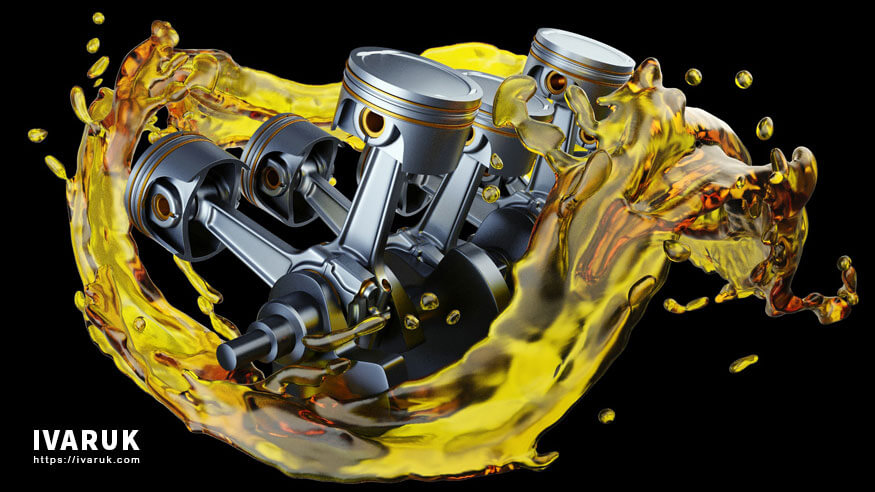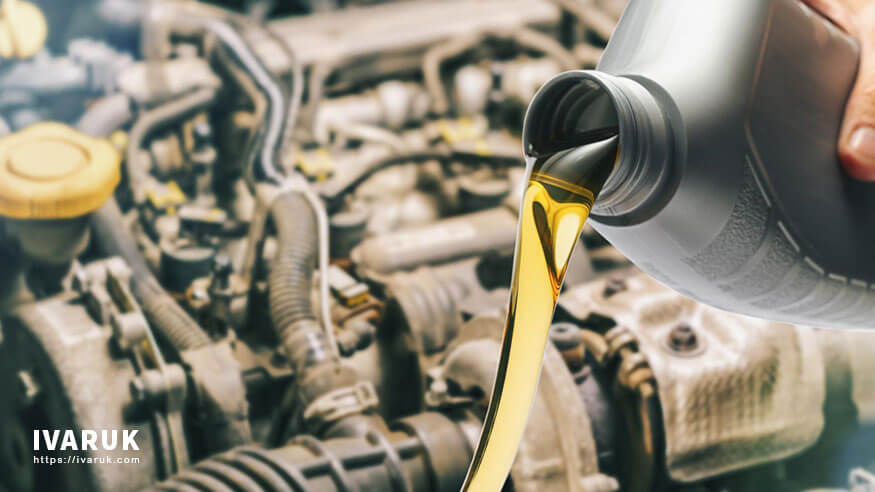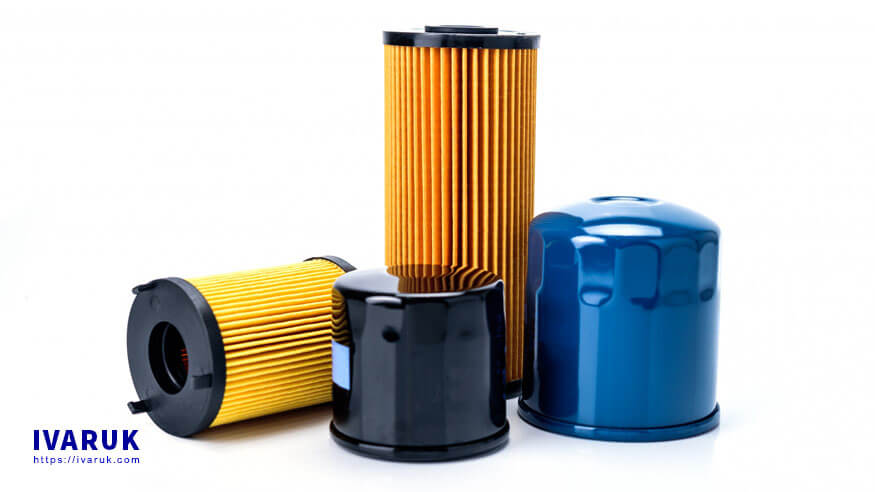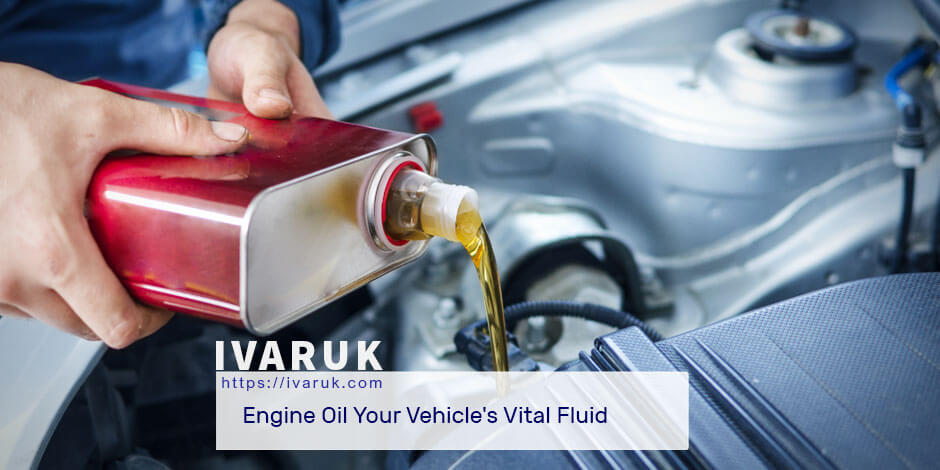Table of Contents
ToggleEngine oil is more than just a lubricant; it’s the lifeblood of your vehicle’s engine. It serves multiple essential functions, primarily focused on reducing friction and heat within the engine. By creating a thin, protective layer between moving parts, engine oil prevents excessive wear and tear, ensuring a longer lifespan for your engine.
In this article, we’ll dive into the world of engine oil, discussing its significance, types, selection, and maintenance.
What is Engine Oil?
Engine oil is a petroleum-based liquid that is formulated with additives to improve its performance. It is used to lubricate the moving parts of the engine, such as the pistons, cylinders, and bearings. Car oil also helps to cool the engine, remove contaminants, and reduce friction.

The main functions of engine oil
- Lubrication: Oil also helps to cool the engine, remove contaminants, and reduce friction. reduces friction between the moving parts of the engine, which helps to prevent wear and tear.
- Cooling: Car oil also helps to cool the engine, remove contaminants, and reduce friction. helps to cool the engine by absorbing heat from the moving parts.
- Contamination control: Oil also helps to cool the engine, remove contaminants, and reduce friction. helps to remove contaminants from the engine, such as dirt, dust, and metal particles.
- Friction reduction: Car oil also helps to cool the engine, remove contaminants, and reduce friction. helps to reduce friction between the moving parts of the engine, which helps to improve fuel efficiency.
You can leave the oil and full service of your car at home or at work to IVARUK!
Types of Engine Oil: Decoding the Choices
When it comes to engine oil, there’s no one-size-fits-all solution. Different types cater to varying engine needs.
- Conventional Oil: This traditional option is budget-friendly but requires more frequent changes.
- Synthetic Oil: Engineered for performance, synthetic oil offers better lubrication and temperature stability.
- Semi-Synthetic Oil: The middle ground, combining the benefits of both conventional and synthetic oils.

What is oil viscosity?
Engine oil viscosity is important because it affects how much oil flows through the engine and lubricates moving parts.
Engine oil viscosity is measured using the SAE (Society of Automotive Engineers) oil rating system. The SAE oil rating system uses a two-number system, such as SAE 10W-30. The first number, “W” stands for “winter” and indicates how well the oil flows in low temperatures. The second number “30” indicates how well the oil flows at high temperatures.
The higher the first number, the thinner the oil will be at low temperatures. The higher the second number, the thicker the oil at high temperatures.
The recommended viscosity of engine oil for a particular vehicle depends on various factors, including weather, engine type, and driving conditions.
Understand more with an example:
In general, most cars use oil with a viscosity of SAE 5W-30 or SAE 10W-30. These oils are a good compromise between fluidity at low temperatures and protection at high temperatures.
If you live in a cold climate, you may need to use an oil with a lower prime number, such as SAE 0W-30. This helps the oil flow more easily at low temperatures.
If you drive a high-performance car or a car with a turbo engine, you may need to use an oil with a second higher number, such as SAE 10W-40. This provides better protection at high temperatures.
It’s always best to refer to your vehicle owner’s manual for specific recommendations for your vehicle.
Here are some additional tips for choosing the right motor oil viscosity:
If you are not sure about the right viscosity for your car, it is always better to err on the side of caution and use a thicker oil.
- Do not mix different engine oil viscosities.
- Change your engine oil regularly according to the manufacturer’s recommendations.
- Dispose of used engine oil properly. so as not to harm the environment.
Improperly disposing of used oil harms the environment. Proper disposal or recycling prevents pollution and supports sustainability.
API and ACEA Ratings: Cracking the Code
The API and ACEA ratings are like nutritional labels for oil. These certifications ensure the oil meets industry standards and is suitable for your engine type.
Signs that your car engine oil needs to be changed
There are some signs that you should change your car/motorcycle oil when you see them:
- Oil test
- Engine overheating
- Dark and dirty oil
- The oil smells like burning
- engine sound
- Reduced fuel efficiency

Tips for Choosing the Right Engine Oil
When choosing engine oil, it is important to consider the following factors:
- The type of vehicle you have
- Your driving habits
- The climate you live in
- The recommendations of your vehicle’s manufacture
You can find this information in your vehicle’s owner’s manual.
Tips for maintaining engine oil
Here are some tips to preserve engine oil:
- Change your car/motorcycle oil on time.
- Check your oil level regularly and add more oil if necessary.
- Avoid driving with low oil levels.
- Change your oil filter every time you change your oil.

By following these tips, you can help keep the engine oil clean and prevent it from getting contaminated. This will help extend the life of your engine and keep it running well for many years to come.
Conclusion: Oil’s Underrated Impact
Engine oil is more than just a lubricant; it’s the unsung hero that keeps your engine running smoothly. Regular oil changes, informed choices, and responsible disposal collectively contribute to a healthier engine and a greener planet.
Check out some frequently asked questions about car/motorcycle oil
How often should I change my engine oil?
Well, how often you should change your oil depends on several factors, such as your driving habits, the type of oil you use, and your vehicle manufacturer’s recommendations. In general, it is recommended to change your engine oil every 3,000 to 7,500 miles. But remember, it’s always smart to consult your vehicle’s manual or a trusted mechanic for a personalized answer.
Can I convert from regular oil to synthetic oil?
Certainly! Changing from regular oil to synthetic oil is like giving your engine a slight upgrade. Synthetic oils perform better in harsh conditions, increase engine protection and improve fuel efficiency. Just make sure you follow the manufacturer’s instructions and recommendations for your type of vehicle.
Are premium oils worth the extra cost?
Think of premium oils as a spa treatment for your engine. They often come with additional additives and better-quality materials that can increase engine protection and performance. If you’re willing to invest a little more, your engine may thank you with a smoother ride and fewer potential problems.
What happens if I skip the oil change?
Skipping an oil change may not have immediate catastrophic effects, but over time, it can lead to reduced engine performance, increased wear and tear, and even possible engine damage. Regular oil changes ensure your engine runs smoothly and lasts longer, so don’t skimp on them.
Can I recycle used motor oil?
totally! Recycling used motor oil is not only environmentally responsible, it is a requirement in many places. Improper disposal can harm the environment. Many auto shops and recycling centres accept used oil for proper disposal, so you’re not only taking care of your engine, you’re also taking care of Mother Earth.
Do oil additives really increase performance?
Oil additives are like extra sprinkles on your ice cream – they can enhance certain aspects of your engine’s performance. Some of them can help fuel efficiency, clean the engine and even reduce wear. However, not all additives are created equal, so it’s best to do some research or consult a mechanic before adding them to your oil.
How do I know when my engine oil needs to be changed?
Ah, the classic question! There are a few signs to look out for. If your oil looks dark and gritty, your engine is louder than usual, or your fuel efficiency seems to have taken a hit, it’s probably time for an oil change. Also, don’t forget to check your vehicle’s manual for recommended intervals and pay attention to the warning lights on your dashboard.
Remember, the health of your engine is closely related to how well you take care of it, and understanding these questions is a step in the right direction!



